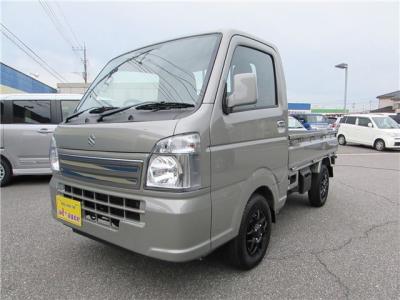Select Make
Popular Make
 Toyota
Toyota
 Nissan
Nissan
 Honda
Honda
 Suzuki
Suzuki
 Daihatsu
Daihatsu
 Mazda
Mazda
 Subaru
Subaru
 Lexus
Lexus
 Mercedes Benz
Mercedes Benz
 Mitsubishi
Mitsubishi
 BMW
BMW
 Mini
Mini
 Audi
Audi
 Chrysler Jeep
Chrysler Jeep
 Isuzu
Isuzu
 Volkswagen
Volkswagen
 Volvo
Volvo
 Peugeot
Peugeot
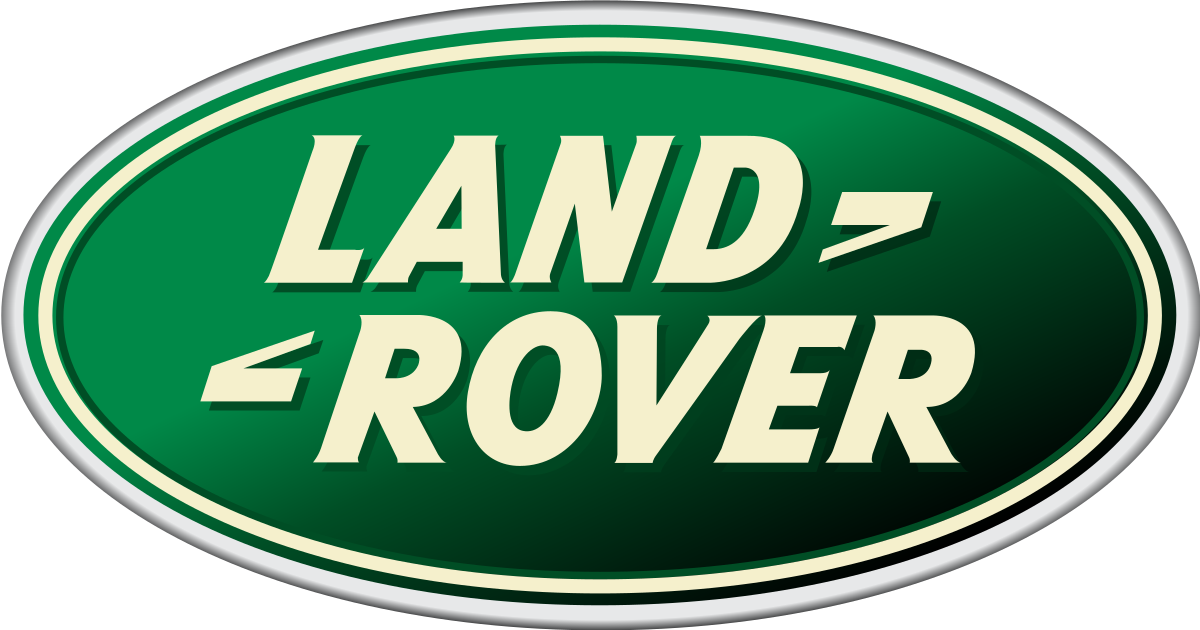 Land Rover
Land Rover
 Porsche
Porsche
 Hino
Hino
 Mitsubishi Fuso
Mitsubishi Fuso
 Mercedes AMG
Mercedes AMG
 Renault
Renault
 Citroen
Citroen
 Fiat
Fiat
 Maserati
Maserati
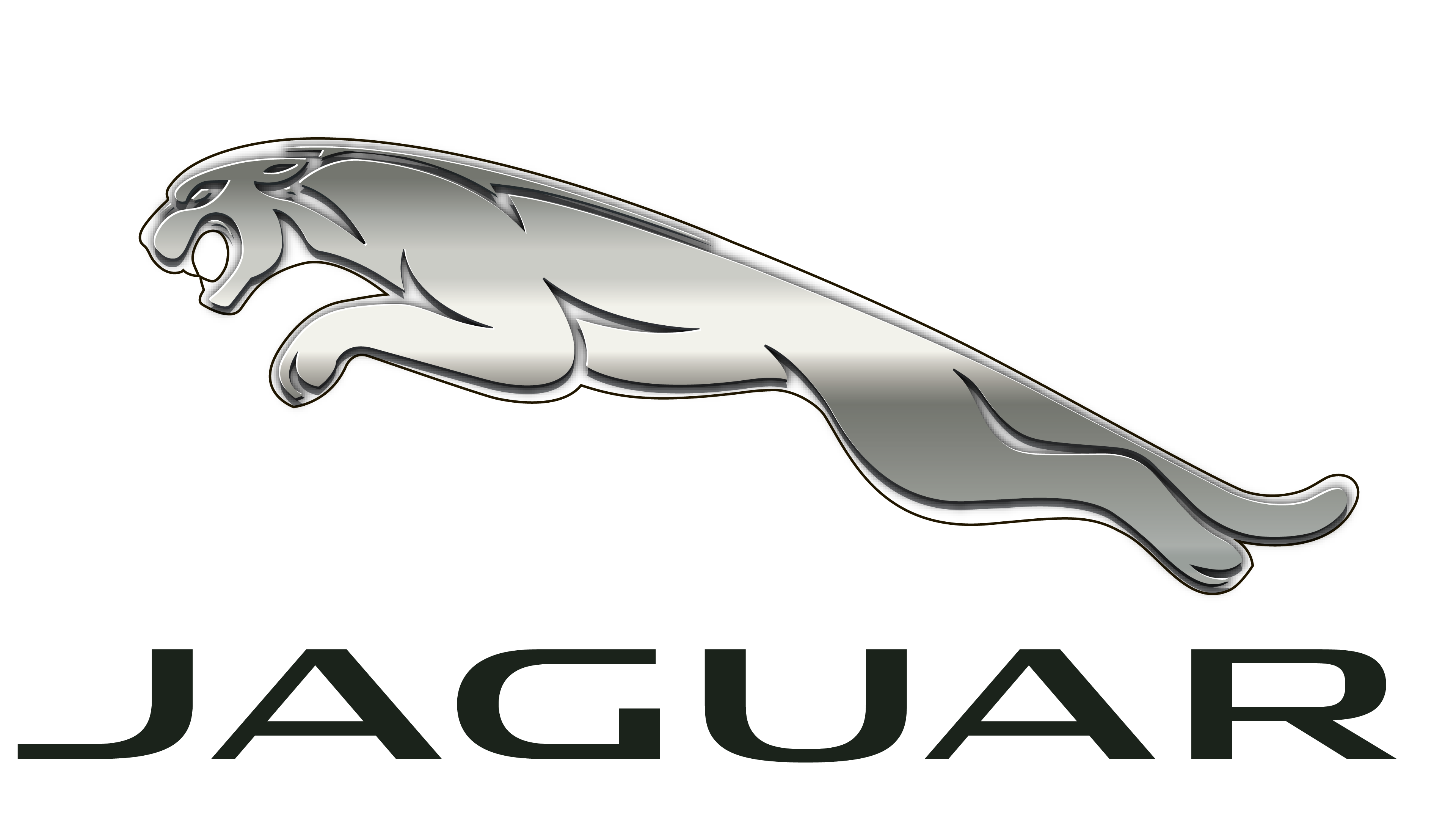 Jaguar
Jaguar
 Abarth
Abarth
 Ferrari
Ferrari
 Chevrolet
Chevrolet
 Alfa Romeo
Alfa Romeo
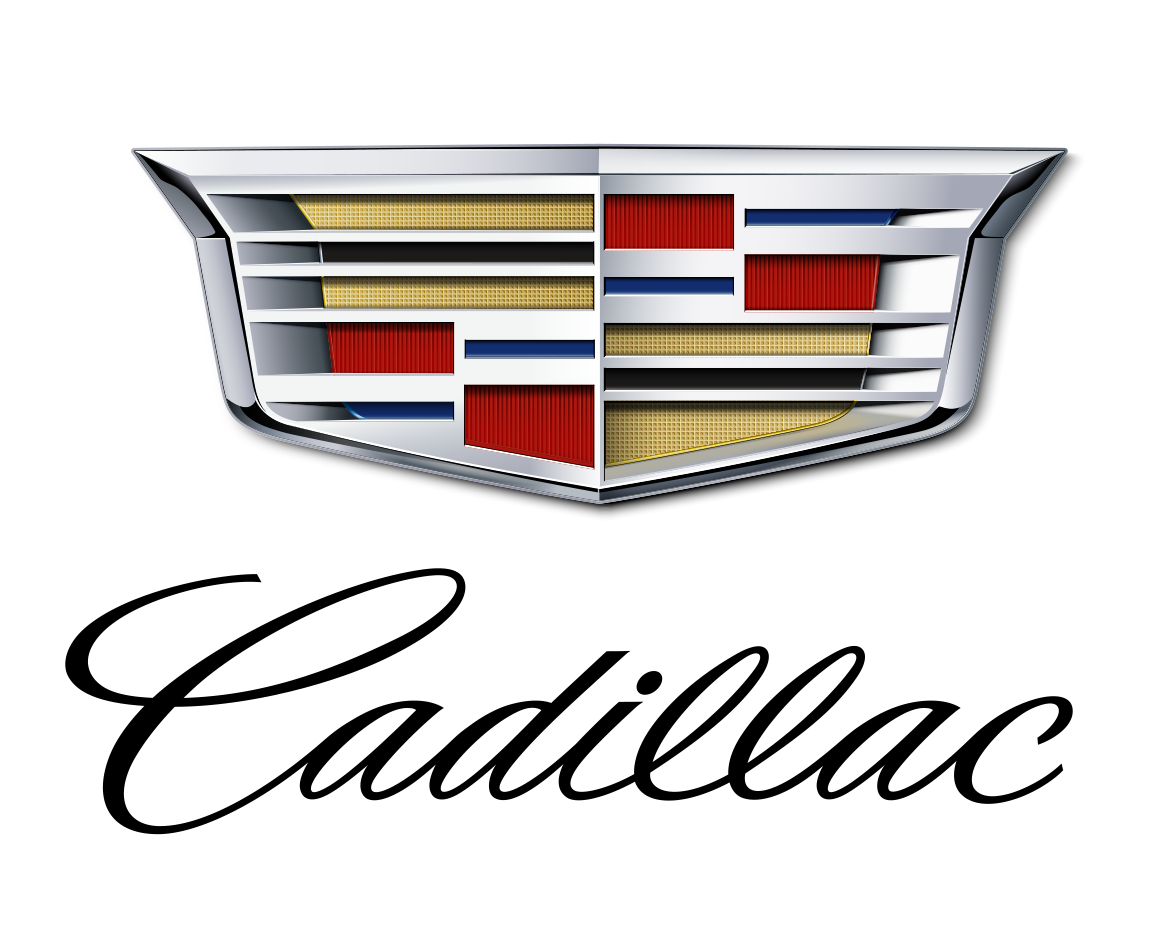 Cadillac
Cadillac
 DS Automobiles
DS Automobiles
 Ford
Ford
 Lamborghini
Lamborghini
 MCC Smart
MCC Smart
 Bentley
Bentley
 Mitsuoka
Mitsuoka
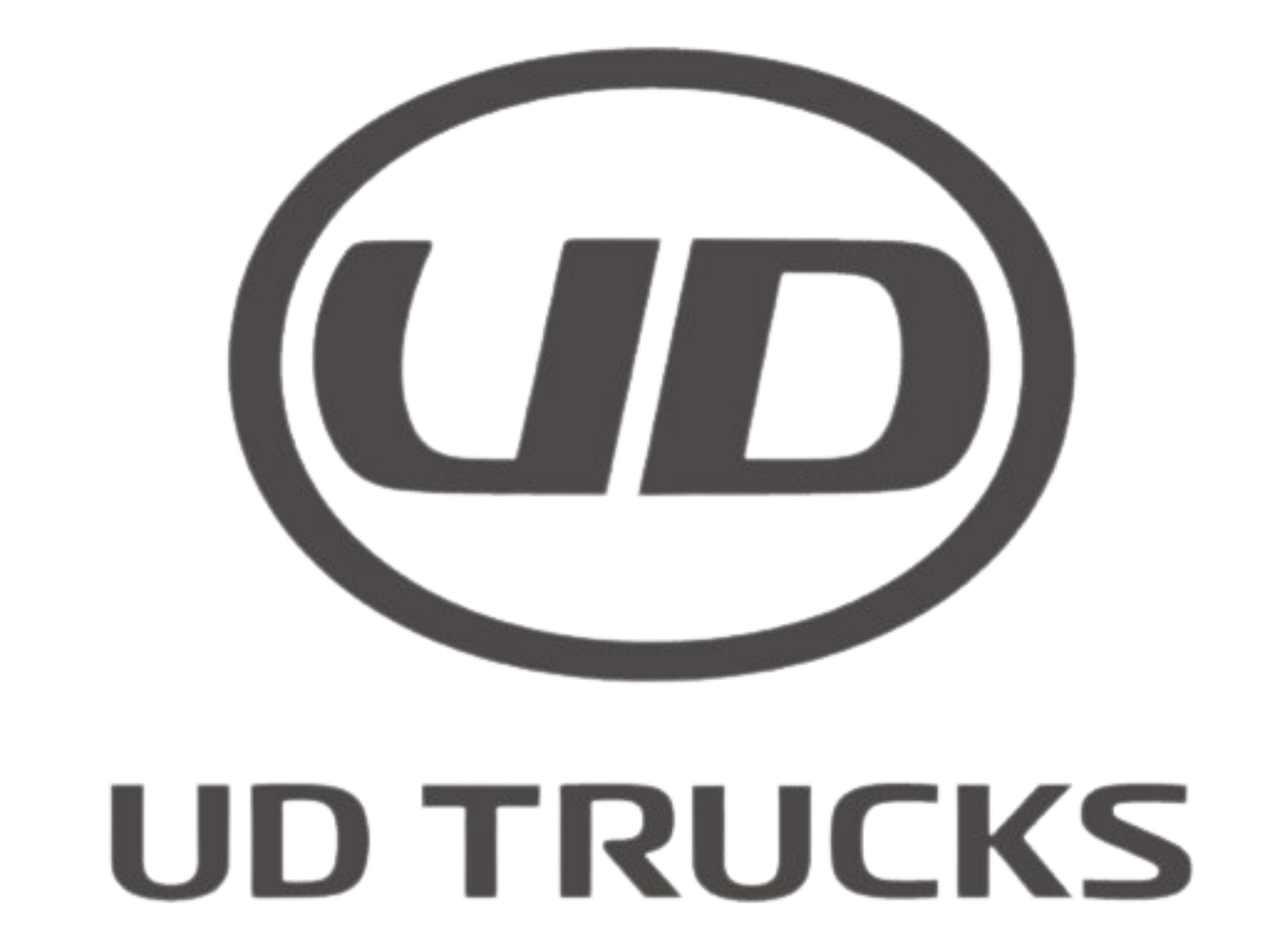 UD Trucks
UD Trucks
 AMG
AMG
 Dodge
Dodge
 Tesla
Tesla
 Chrysler
Chrysler
 America Toyota
America Toyota
 Aston Martin
Aston Martin
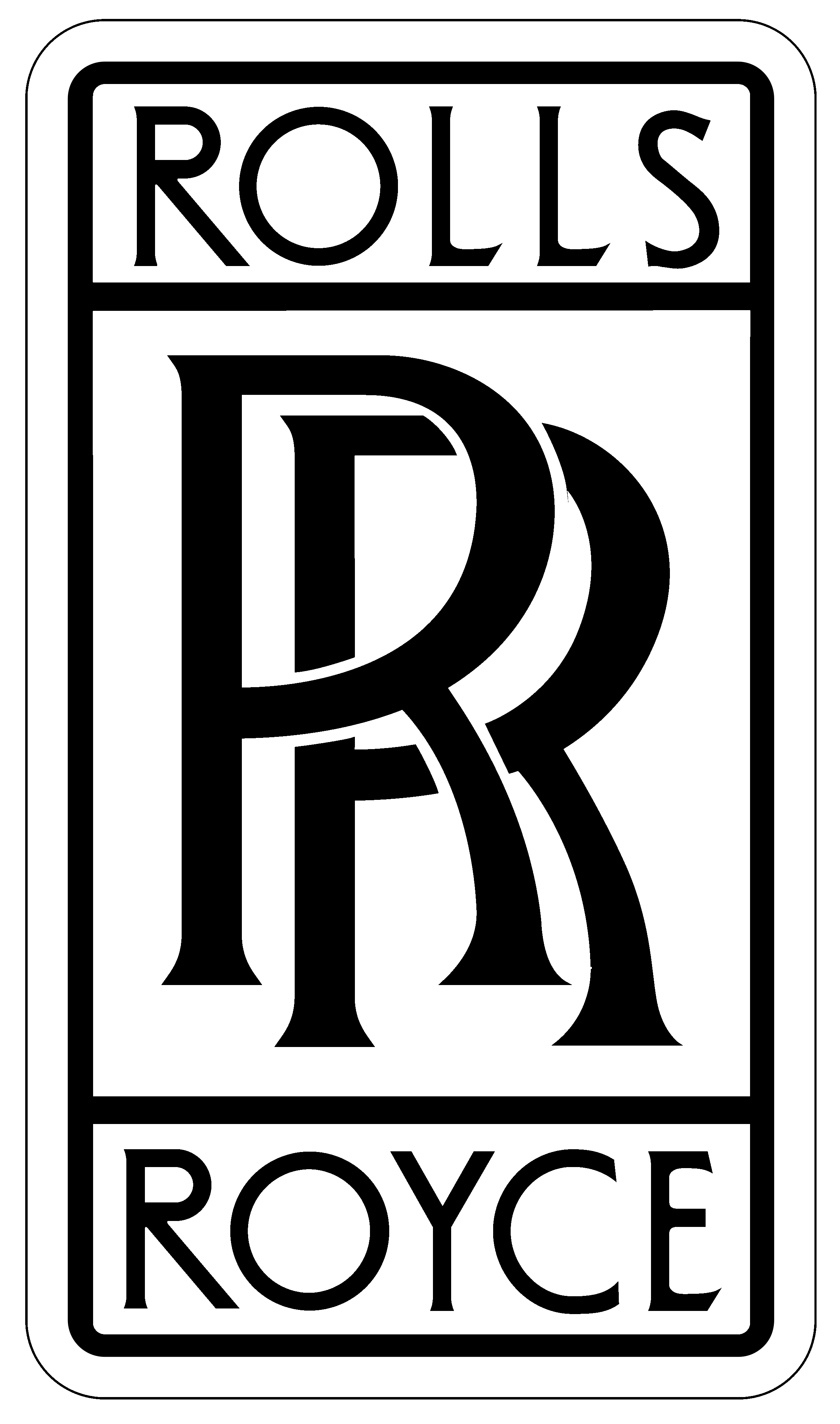 Rolls-royce
Rolls-royce
 Nissan Diesel
Nissan Diesel
 Mercedes Maybach
Mercedes Maybach
 Rover
Rover
 Other
Other
 Lotus
Lotus
 Eunos
Eunos
 BMW Alpina
BMW Alpina
 Hummer
Hummer
 Lincoln
Lincoln
 Mclaren
Mclaren
 MG
MG
 America Nissan
America Nissan
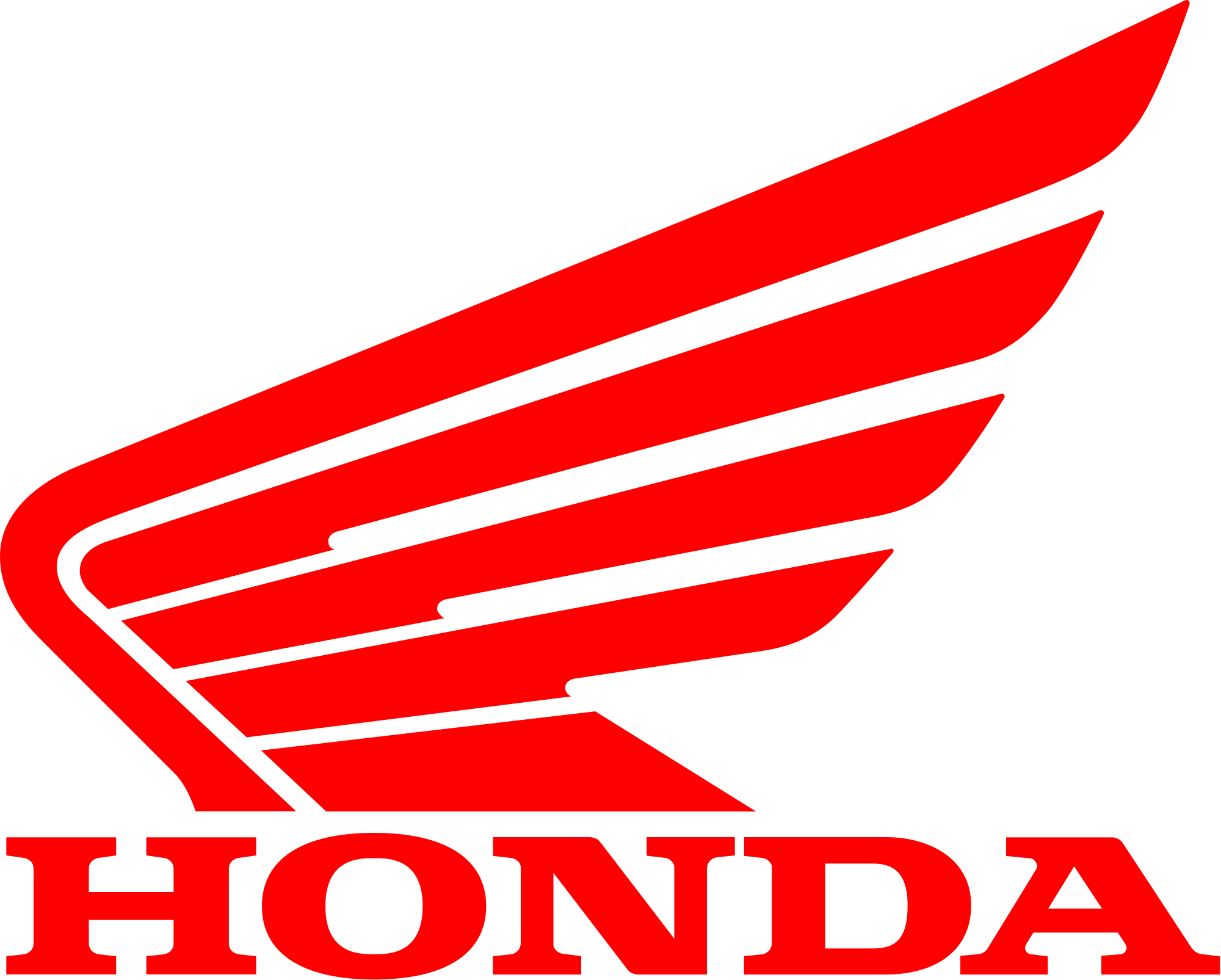 America Honda
America Honda
 Acura
Acura
 AMC Jeep
AMC Jeep
 Alpine
Alpine
 Ford Japan
Ford Japan
 Daimler
Daimler
 Pontiac
Pontiac
 Lancia
Lancia
 Buick
Buick
 America Mitsubishi
America Mitsubishi
 Triumph
Triumph
 Saab
Saab
 GMC
GMC
 Austin
Austin
 U.s.a. Other
U.s.a. Other
 America Suzuki
America Suzuki
 Birkin
Birkin
 Plymouth
Plymouth
 Caterham
Caterham
 America Subaru
America Subaru
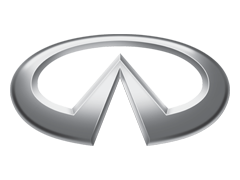 Infinity
Infinity
 AMC
More Brands
AMC
More Brands
 Toyota
Toyota
 Nissan
Nissan
 Honda
Honda
 Suzuki
Suzuki
 Daihatsu
Daihatsu
 Mazda
Mazda
 Subaru
Subaru
 Lexus
Lexus
 Mercedes Benz
Mercedes Benz
 Mitsubishi
Mitsubishi
 BMW
BMW
 Mini
Mini
 Audi
Audi
 Chrysler Jeep
Chrysler Jeep
 Isuzu
Isuzu
 Volkswagen
Volkswagen
 Volvo
Volvo
 Peugeot
Peugeot
 Land Rover
Land Rover
 Porsche
Porsche
 Hino
Hino
 Mitsubishi Fuso
Mitsubishi Fuso
 Mercedes AMG
Mercedes AMG
 Renault
Renault
 Citroen
Citroen
 Fiat
Fiat
 Maserati
Maserati
 Jaguar
Jaguar
 Abarth
Abarth
 Ferrari
Ferrari
 Chevrolet
Chevrolet
 Alfa Romeo
Alfa Romeo
 Cadillac
Cadillac
 DS Automobiles
DS Automobiles
 Ford
Ford
 Lamborghini
Lamborghini
 MCC Smart
MCC Smart
 Bentley
Bentley
 Mitsuoka
Mitsuoka
 UD Trucks
UD Trucks
 AMG
AMG
 Dodge
Dodge
 Tesla
Tesla
 Chrysler
Chrysler
 America Toyota
America Toyota
 Aston Martin
Aston Martin
 Rolls-royce
Rolls-royce
 Nissan Diesel
Nissan Diesel
 Mercedes Maybach
Mercedes Maybach
 Rover
Rover
 Other
Other
 Lotus
Lotus
 Eunos
Eunos
 BMW Alpina
BMW Alpina
 Hummer
Hummer
 Lincoln
Lincoln
 Mclaren
Mclaren
 MG
MG
 America Nissan
America Nissan
 America Honda
America Honda
 Acura
Acura
 AMC Jeep
AMC Jeep
 Alpine
Alpine
 Ford Japan
Ford Japan
 Daimler
Daimler
 Pontiac
Pontiac
 Lancia
Lancia
 Buick
Buick
 America Mitsubishi
America Mitsubishi
 Triumph
Triumph
 Saab
Saab
 GMC
GMC
 Austin
Austin
 U.s.a. Other
U.s.a. Other
 America Suzuki
America Suzuki
 Birkin
Birkin
 Plymouth
Plymouth
 Caterham
Caterham
 America Subaru
America Subaru
 Infinity
Infinity
 AMC
AMC
Select Model
Select Model
Year From
Registration Years
Year To
Registration Years
More Filter
Make, Model, Year, Mileage, Price, Drive Type, Vehicle Type, Engine, Fuel, Transmission

